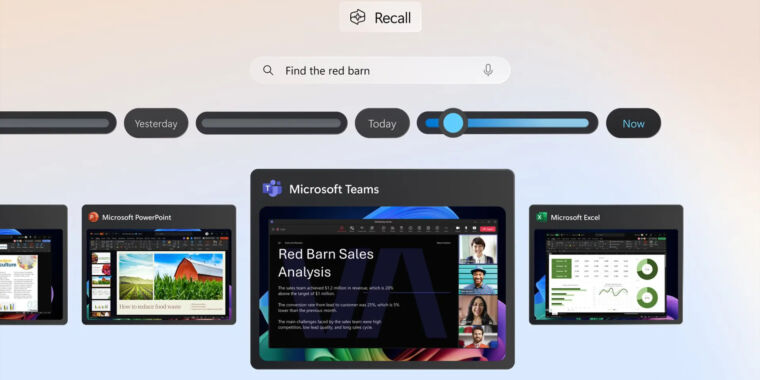

The planning board’s decision was based on health concerns due to the possible negative environmental impact of telecommunication on the residents, especially the children studying at the school who could potentially be exposed to electromagnetic radiation. The town felt the residents would be ‘unsafe’ due to radio frequencies and rejected the company’s notion of building the tower on the land.
I mean, I think that the planning board is idiotic, but I don’t see why T-Mobile cares enough to fight it. If they don’t build it, okay. It looks like the school in question is right in the middle of town. Then Wanaque is going to have crummy cell coverage. Let them have bad cell coverage and build a tower somewhere else. It’s not like this is the world’s only place that could use better cell coverage. The main people who benefit from the coverage are Wanaque residents. Sure, okay, there’s some secondary benefit to travelers, but if we get to the point that all the dead zones that travelers pass through out there are covered, then cell providers can go worry about places that are determined not to have have cell coverage.
If I were cell companies, I’d just get together with the rest of the industry and start publishing a coverage score for cities for cell coverage. Put it online in some accessible database format, so that when places like city-data.com put up data on a city, they also show that the city has poor cell coverage and that would-be residents are aware of the fact.





https://www.verizon.com/coverage-map/
This shows that Verizon has good coverage in part of Wanaque, moderate coverage in part, and no coverage in part.